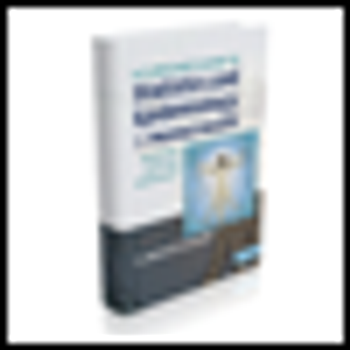
A Clinician’s Guide to Statistics and Epidemiology in Mental Health: Measuring Truth and Uncertainty
Is A Clinician’s Guide to Statistics and Epidemiology in Mental Health what we have been waiting for? Yes and no. It contains solid descriptions of concepts such as the P value and confidence intervals, and it has extensive discussions of the history of modern statistical methods. Perhaps its greatest strength involves critiques of the interpretations of several studies that have mistakenly become cornerstones of clinical lore.

